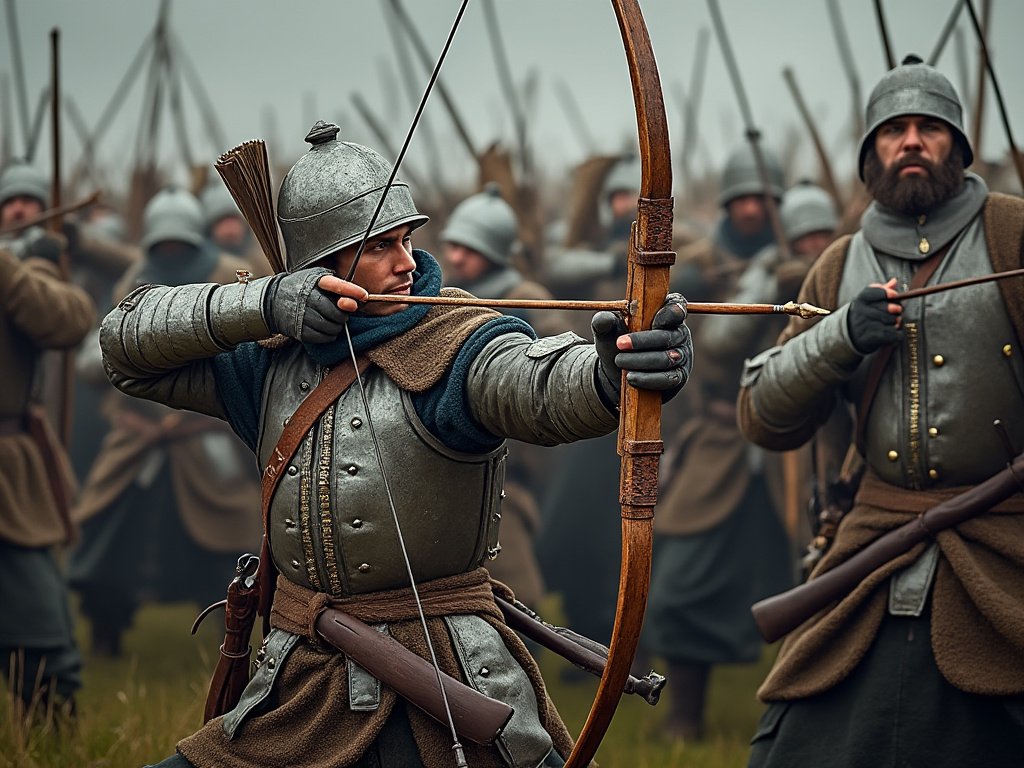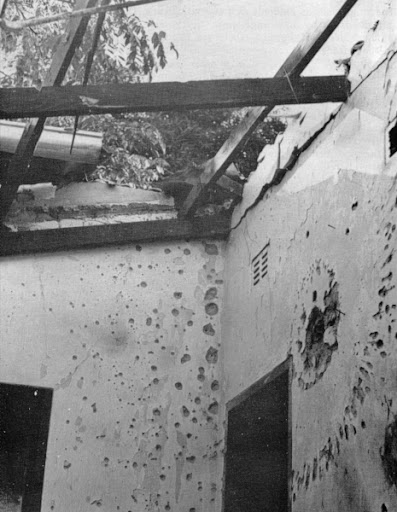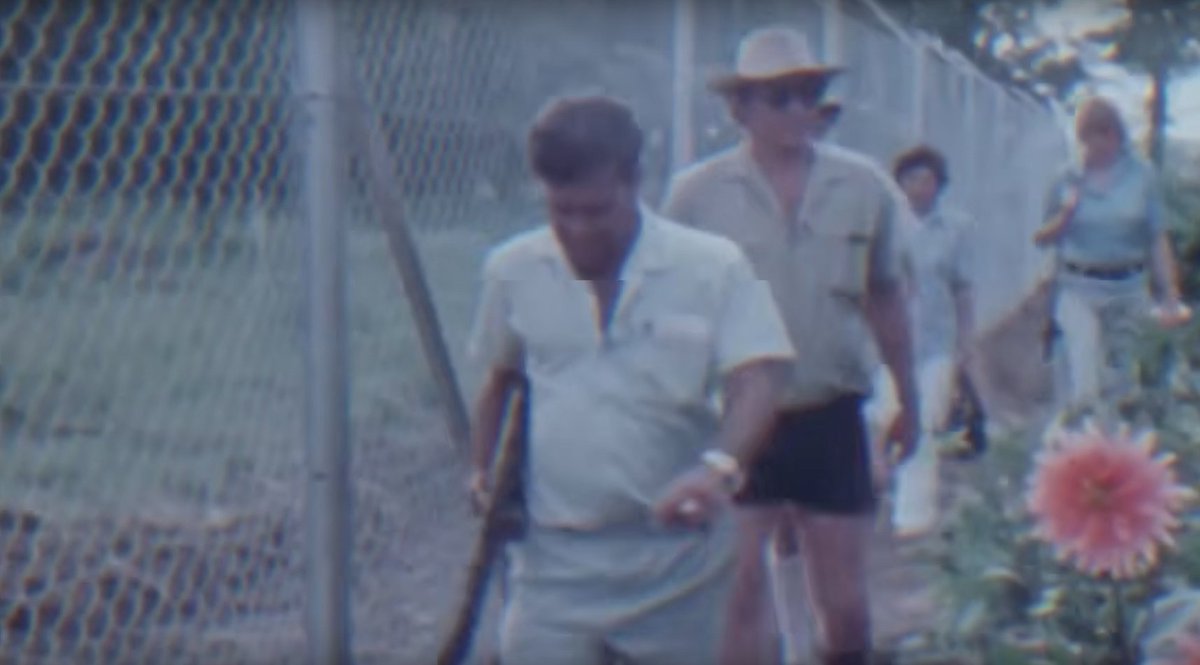Today is St. Crispin's Day! How the 1415 Battle of Agincourt may have shaped the right to bear arms that continues today. 🧵 

The English were victorious today, due in large part to the prowess of the famed and feared English longbowmen. This historic win, famously memorialized by Shakespeare in Henry V, gave us the iconic “St. Crispin’s Day Speech” and the phrase “band of brothers.” 

The French expected an easy win but underestimated the English, especially their devastating longbows. The English longbow was a game-changer, capable of penetrating armor and hitting targets hundreds of yards away. English archers held off the French cavalry and thinned out French infantry from a distance before they even reached the English lines.

By the time the French closed in for hand-to-hand combat, they were severely depleted, helping secure a legendary English victory. Agincourt highlighted the power of projectile warfare and shifted the course of battle tactics for centuries. The longbow became revered. 

Laws were passed in England, most notably under Henry VIII, requiring militamen to keep bows and practice with them. Men keeping weapons at home, forming the roots of the "armed individual" concept, something already long established in Britain. Firearm ownership eventually replaced longbows, continuing this tradition of preparedness.

As firearms evolved, they required less training than longbows but offered similar advantages. Englishmen began keeping firearms at home, a practice that naturally extended to American colonists and influenced the development of our Second Amendment.
Unlike in America, where firearms were necessary for survival on the frontier, Englishmen kept arms primarily to maintain their combat skills.
Unlike in America, where firearms were necessary for survival on the frontier, Englishmen kept arms primarily to maintain their combat skills.

This belief in an armed populace laid the foundation for our right to bear arms. Today’s celebration of St. Crispin’s Day serves as a reminder of the English heritage behind the Second Amendment. A historic day in battle, immortalized by Shakespeare, it’s a day we owe much to the spirit of the armed citizen.

• • •
Missing some Tweet in this thread? You can try to
force a refresh














